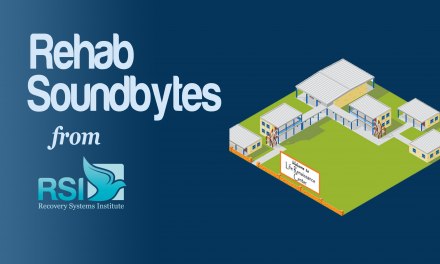In our initial meeting with the client, we look to gather a lot of valuable information that will help us better understand the client and his problems and to develop a treatment plan that works.
But don’t forget two things we must find out in order to make treatment successful:
- The nature of the client’s agenda, and
- His/her level of willingness to comply with treatment.
An agenda refers to the client’s underlying plan or program. Not just what he hopes to accomplish, but the things he’s determined not to do. Because just as we seek certain outcomes, so does our client.
For instance, let’s say an alcoholic is referred for an alcohol-related offense. The stated goal is to prevent a future recurrence by teaching him to abstain from alcohol. He knows this, and on the surface agrees. But underneath we suspect he has no intention of quitting drinking for good. Perhaps his real goal is to learn to control his alcohol use. Or to abstain temporarily, then return to drinking as soon as practicable.
He may not admit this, of course. Nonetheless we get a sense of it from the interview.
To elicit a client’s underlying agenda, use some simple questions mixed in unobtrusively with the rest:
First, ask why he’s here. If the answer focuses on having been compelled, for instance, we have a pretty good idea how he feels.
A bit later, ask what he believes he needs from treatment. If his answer is something like, “to satisfy the darn judge”, we may conclude he’s not interested in much beyond that.
We should also explore what he wants – not just from treatment, but from his life in general. He may have given this little or no thought. Still, it’s quite possible that treatment can help him achieve some goals of his own – such as better management of his temper, better relations with his wife, even better luck in his job search. If so, then his motivation will increase.
And last, we want to be clear about his expectations of the treatment experience. People can be very unrealistic. He also needs to understand our expectations, and the Courts’, too, if involved.
It’s important to determine what the client may be willing to do to achieve his ends. For example, will he commit to attending groups without a miss? Enroll in anger management class? Attend self-help groups? Undertake a course of family therapy? Submit to drug testing? Try pre-employment training?
We’re evaluating his willingness. If we encounter resistance, and we often do, it will have to be addressed during the course of the relationship — that is, if we expect to achieve the outcomes that are part of our own agenda.












